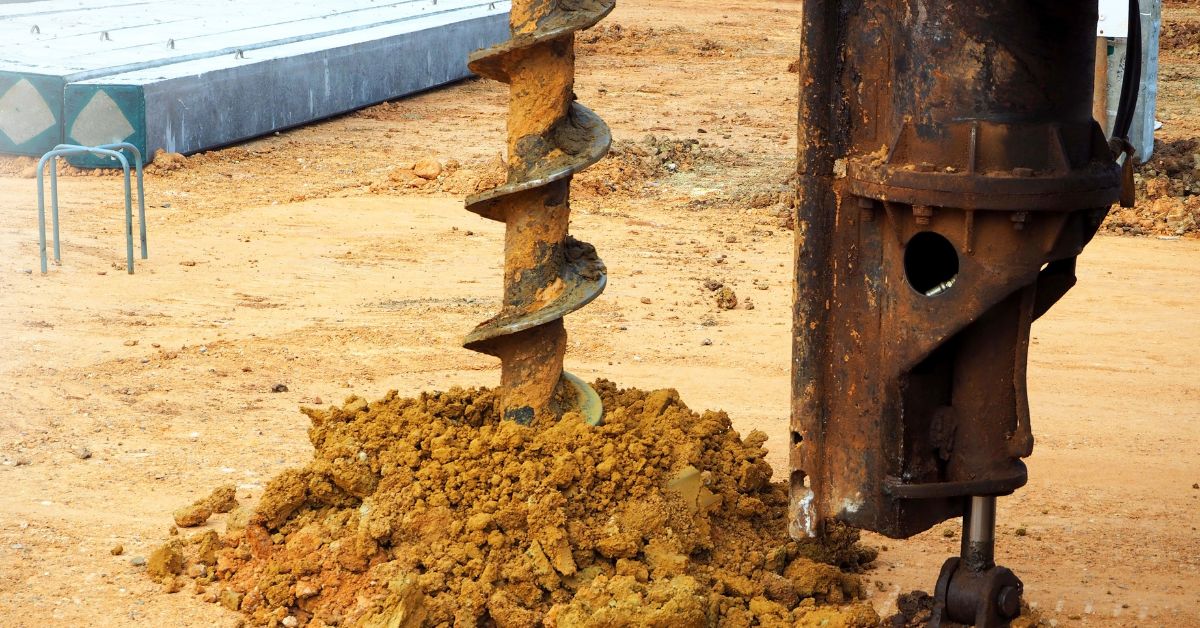What Are the Factors That Determine Your Excavation Method?

Excavation is a cornerstone activity in the construction industry that requires careful planning and consideration. It lays the foundation for structures and thus holds the weight of future developments. Let’s talk about some of the factors that determine your excavation method and how much of an influence they truly are.
Soil Type
The site’s soil type is pivotal in determining the excavation approach. For example, sandy soils prone to collapse require shoring methods to stabilize, while clay soils might demand specific techniques for effective removal. Recognizing the soil type helps select the right equipment and ensures safety and efficiency in the excavation process.
Depth of Excavation
How deep you plan to dig changes your choice of excavation method. Shallow trenches may only require simple hand tools or a mini-excavator, while deep excavations might need more complex machinery such as backhoes or cranes. Each depth presents its own challenges and safety considerations, from oxygen levels to the surrounding earth’s structural integrity.
Site Constraints
Often, the physical limitations of a construction site influence the excavation method. Tight spaces hinder the movement of large machinery, needing the adoption of more compact equipment or manual excavation techniques. Overhead restrictions and nearby structures also influence the decision-making process.
Surrounding Conditions
An excavation site doesn’t exist in isolation; its surrounding environment plays a key role in dictating the proper digging method. Proximity to residential areas, environmental preservation concerns, and traffic patterns decide how and when excavation should proceed.
Ground Water Conditions
Encountering groundwater can significantly affect excavation. Standing water can compromise excavation site stability and affect the operation of certain equipment. As such, planning teams and project managers must consider dewatering methods and whether they need special permits for water removal.
Underground Utilities
The presence of underground utilities requires a delicate touch and an informed approach. It’s critical to know the location of any pipes, cables, or other infrastructure so that you can avoid costly damages and ensure the safety of workers and the public.
The Importance of Method Selection in Excavation
Choosing the best excavation method is not merely about convenience; it is a multifaceted and critical decision impacting your project timeline, safety measures, and budget. A careful and informed approach to excavation ensures project operations do not disturb surrounding environments. For contractors and construction professionals seeking in-depth knowledge, having a guide to different drilling techniques is valuable when outlining options. Using guides before each project helps you avoid picking the wrong drilling option.
Selecting the optimal excavation method involves analyzing various factors in greater detail. By understanding and being mindful of these factors, construction professionals can direct their excavation projects toward success with precision and confidence. Ultimately, the blend of knowledge and practical application will underpin the triumph of any construction project.




